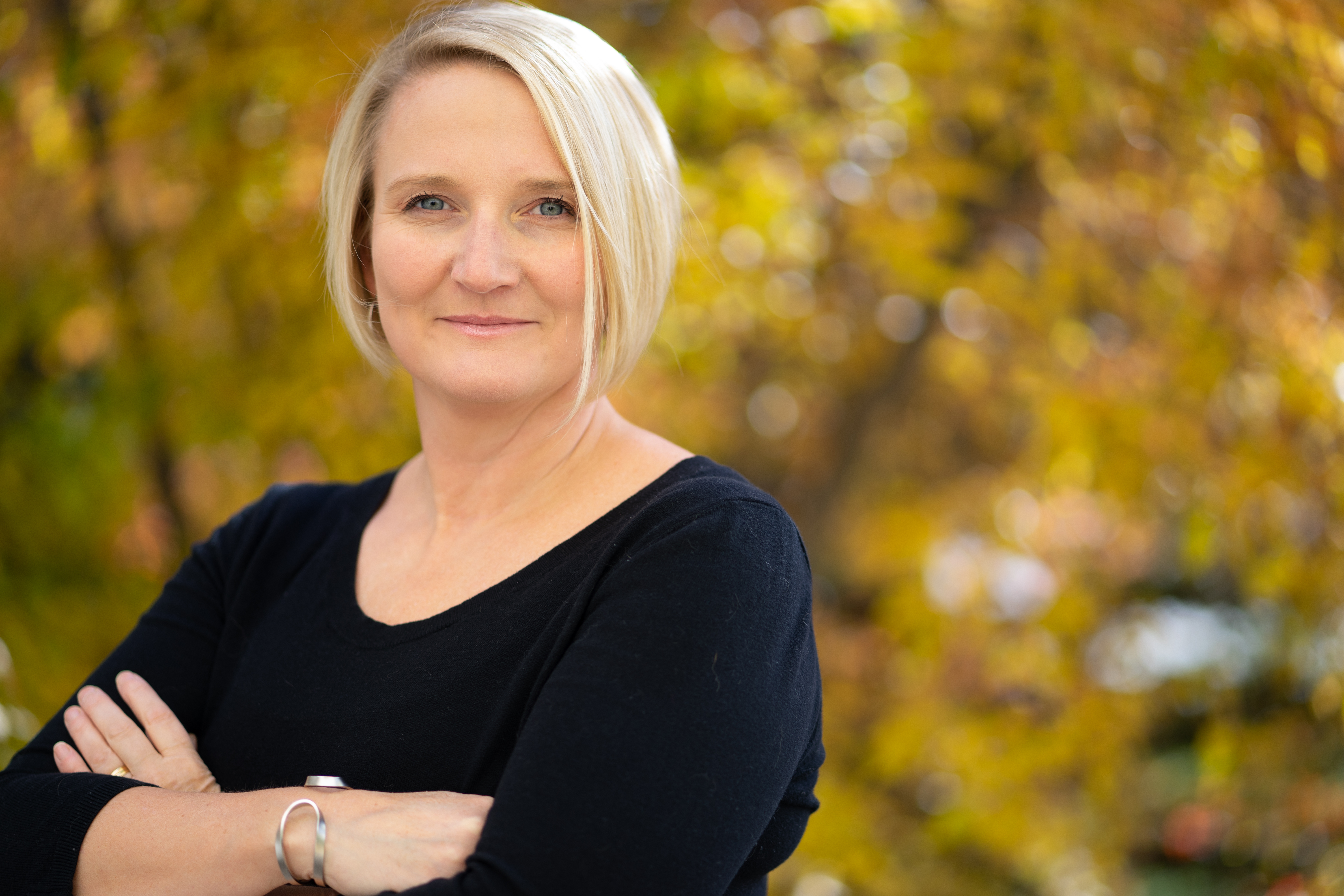
USask instructor finds hope through sustainability faculty fellowship
University of Saskatchewan (USask) College of Kinesiology lecturer and alumnus Shannon Forrester said it provided her with a sense of accountability to commit to and engage in sustainability in teaching and learning.
By Darla ReadForrester, one of six faculty appointed to the two-year sustainability faculty fellowship, encourages faculty who are interested in creating change in their courses to apply.
Although hesitant at first, Forrester (BSc, MSc ‘01) was motivated to apply for the 2022-24 sustainability faculty fellowship, once she researched the guiding principles and found they closely aligned with her own.
“The fellowship was introduced at the tail end of the sanctioned COVID restrictions, which had created significant societal division,” recalled Forrester. “Adding to that, the war between Russia and Ukraine was leaving me feeling very uncertain about the future and society in general. And it was the United Nations’ sustainable development goals, which are an underpinning of the fellowship, that were a beacon of hope for me and really outlined the world in which I wanted to live and contribute to.”
In the first year of the 2022-24 fellowship, the six sustainability faculty fellows embedded teaching practices in their own courses such that students were able to reflect, share, and act on key competencies for sustainability.
In the second year, fellows worked within their colleges to support other faculty to make an impact through open educational practices and furthering learning for sustainability. These open educational practices are approached in ways that meet the needs of each academic unit and may align with USask priorities such as experiential learning through community-engaged or work-integrated learning, student wellness, or other priorities.
Forrester said the concept of tackling sustainability can be overwhelming, but she is confident individual efforts do make a difference.
“As educators, we can influence others, and collectively our efforts will make a difference,” she explained. “Sustainability is for everyone and for every discipline. There is no discipline that can act directly toward all 17 goals. However, each discipline has a role to play, and by working in partnership we can address each and every one.”
Building on the success of the Sustainability Faculty Fellowship, the Gwenna Moss Centre for Teaching and Learning (GMCTL) at USask is now accepting applications for the 2024-26 EDI Faculty Fellowship, which will focus on Equity, Diversity, and Inclusion (EDI), Indigenization, and open education practices.
“The Gwenna Moss Centre for Teaching and Learning envisions an opportunity to support educators willing to engage in course design or redesign focused on equity, diversity, and inclusion, and/or Indigenization,” said Darryl Isbister, GMCTL lead on Indigenous initiatives. “Completing this work employing Open Educational Practices will provide access for numerous learners, educators, and community.”
In the most recent tuition survey conducted in the fall of 2023, increasing open access textbooks was ranked by participating USask students as a top three area for investment of university resources.
Forrester appreciated that the current fellowship had open education woven throughout because “open education is a way in which we can promote sustainability through accessibility of resources and quality education.”
She said that includes open access publishing, open teaching, open pedagogy, and the use of open education resources. The fellows, along with their facilitators, also developed an open access resource for other educators interested in embedding sustainability teaching practices into their courses.
“I think the enduring benefit of open education within my course will come from the use of open pedagogical practices including active learning, co-creation of knowledge, and community impact,” noted Forrester. “As students moved from case studies to working with community members, they developed skills that extend beyond paper assessment and the classroom. Skills that will not only enhance their professional careers, but also society in general.”
Applications for the 2024-26 EDI Faculty Fellows are due by Feb. 29. Interested faculty may contact GMCTL for more information.
Together we will support and inspire students to succeed. We invite you to join by supporting current and future students' needs at USask.
